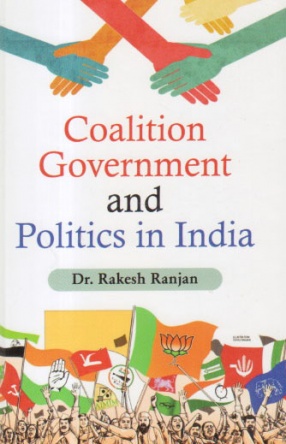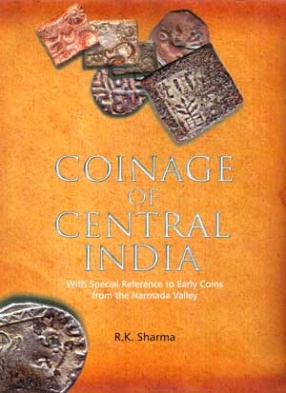A coalition government is one in which several political parties must cooperate to run a country or region. These types of governments are often considered somewhat weak because there is no majority party. In such cases, the only way that policy gets approved is by each side making concessions. This type of government, which might also be known as a coalition cabinet, can be one of the most entertaining—and volatile—forms of government. Often it might be difficult to know how an issue is going turn out, unlike in some countries where there are two major political parties. In those cases it is rare when a majority party does not get its way. In India, many regional parties join the national parties to form a coalition government. This book explores how intra-party politics affects government formation and termination in parliamentary systems, where the norm is the formation of coalition governments.
Contents: Preface. 1. Introduction. 2. Coalition politics: in India and abroad. 3. National Dilemma: regionalisation of politics and power. 4. Processes of polarization. 5. Refurbishing Indian politics: power to the states for survival of the centre. 6. The stability of multi-party Democracy in India. 7. The Cabinet system in a coalition situation. 8. Mandate of the people and coalition Government. 9. Working of the coalition: an assessment. 10. Coalition politics: the Kerala model. 11. Power politics: from yesteryears to coming years. Bibliography. Index.








There are no reviews yet.